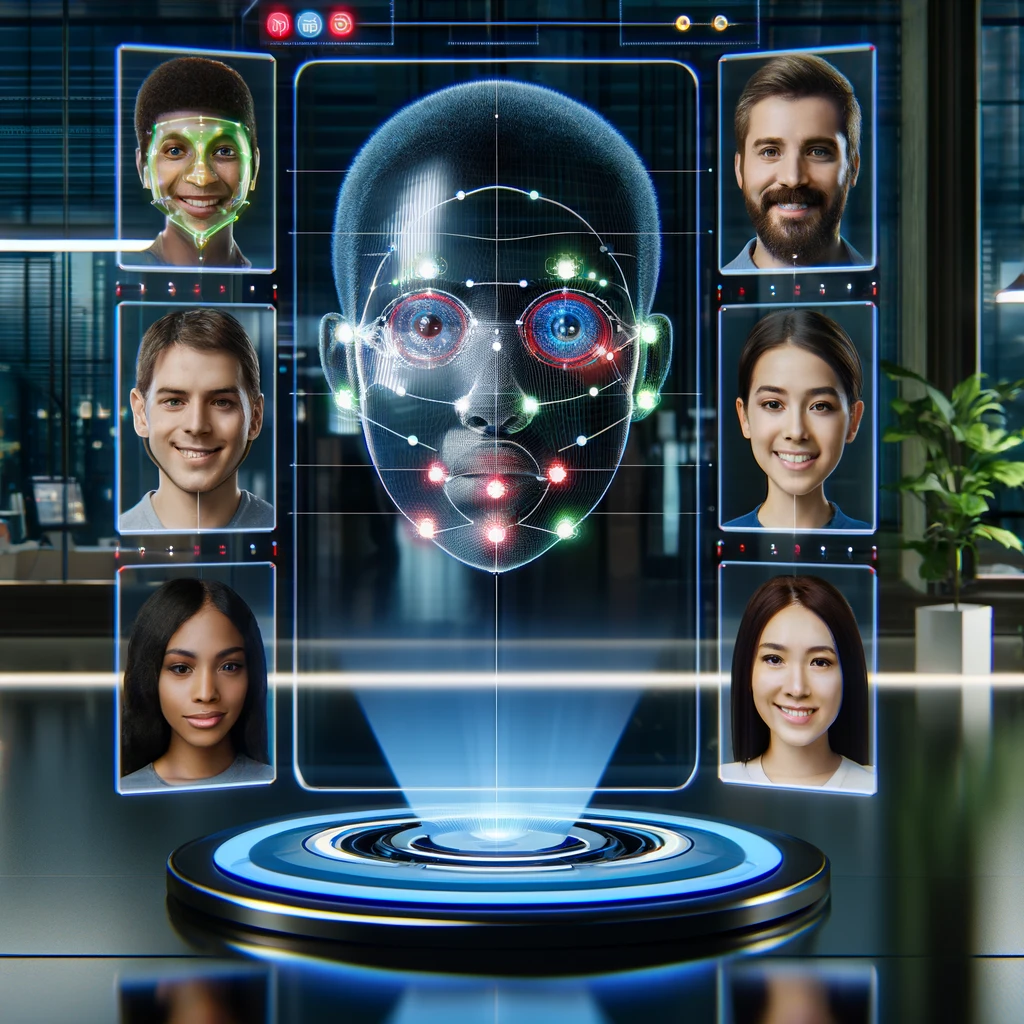Climate change is one of the most pressing issues facing humanity today. It’s a complex problem that requires a multifaceted solution. One potential solution is the use of artificial intelligence (AI) to help mitigate the effects of climate change. But the use of AI for climate change mitigation raises ethical concerns that must be addressed.
Potential for AI to Exacerbate Existing Social Inequalities
One of the ethical concerns surrounding the use of AI for climate change mitigation is the potential for it to exacerbate existing social inequalities. AI systems can be biased and perpetuate discrimination against certain groups of people. This can be especially problematic when it comes to climate change. This because marginalized communities are often the most vulnerable to its effects.
To avoid exacerbating these inequalities, it’s important to ensure that AI systems are designed and implemented in a way that is inclusive and equitable. This includes involving diverse stakeholders in the development process, and regularly auditing AI systems to identify and address any biases.
Need for Transparency Around Data Collection and Use
Another ethical consideration when using AI for climate change mitigation is the need for transparency around data collection and use. AI systems rely on data to create models and make predictions. But this data is often collected without the knowledge or consent of those affected by it.
To build trust and ensure that AI is being used ethically, it’s important to be transparent about what data are collecting. And also how we are using it, and who has access to it. This can help prevent the misuse of data and protect individuals’ privacy.
Importance of Considering the Long-Term Consequences of AI Use for the Planet and Its Inhabitants
Finally, it’s important to consider the long-term consequences of using AI for climate change mitigation. While AI has the potential to help us tackle this problem, it’s also important to consider the long-term effects of AI on the planet and its inhabitants. For example, AI systems that rely on large amounts of energy could contribute to climate change themselves.
To mitigate these risks, it’s important to take a holistic approach to AI development and use. This includes considering the environmental impact of AI systems, and developing sustainable AI solutions that minimize their carbon footprint.
Best Practices for Developing Ethical AI for Climate Change Mitigation
- Involve diverse stakeholders in the development process to ensure that AI systems are inclusive and equitable. This includes engaging with marginalized communities who are most vulnerable to the effects of climate change.
- Be transparent about data collection and use. This includes providing clear explanations of what data is being collected, how it’s being used, and who has access to it.
- Ensure that AI systems are audited regularly to identify and address any biases that may exist.
- Consider the long-term consequences of AI use for the planet and its inhabitants. This includes developing sustainable AI solutions that minimize their carbon footprint.
Conclusion
AI has the potential to be a powerful tool in the fight against climate change, but it must be used ethically. This requires a holistic approach that considers the social, environmental, and economic impacts of AI development and use. By involving diverse stakeholders, being transparent about data collection and use, and considering the long-term consequences of AI use, we can ensure that AI is used in a way that benefits everyone–not just a select few.
For more information about ethical AI, discover the Principles of Ethical AI here!




